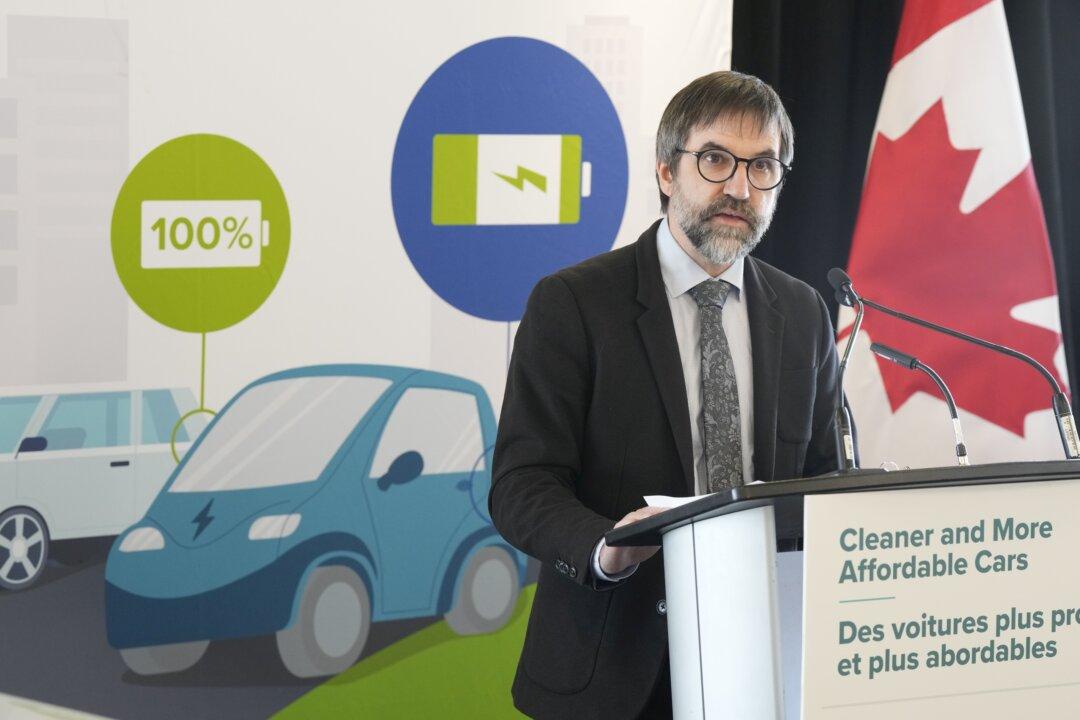A federal report on the status of Canada’s 2030 Emissions Reduction Plan suggests expanding incentives for electric vehicles (EVs) to include used EVs.
The latest progress report on the plan to reduce greenhouse gas emissions says the government will “explore the potential to expand the Incentives for Zero Emission Vehicles Program to include used vehicles, building off the recent expansion of the program to enhance access to more incentives for car-sharing fleets.”





